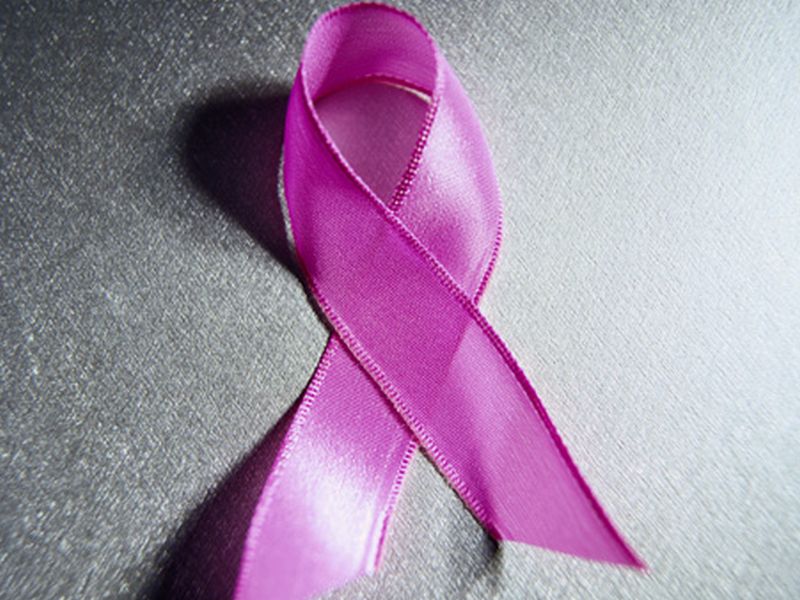Black and White Women Share the Same Genetic Risk for Breast Cancer

TUESDAY, May possibly 19, 2020 (HealthDay News) — Black and white women of all ages share genes that enhance the danger for breast cancer, a new review finds.
These genes include BRCA1, BRCA2 and PALB2, each of which is related with a much more than sevenfold danger of breast cancer. Women of all ages of both of those races also share four other genes connected with a reasonably improved danger, in accordance to scientists.
“This usually means that the multi-gene panels that are at this time available to test women of all ages identified with breast cancer or women of all ages at superior danger thanks to their relatives record will be useful for African-American women of all ages,” review co-author Julie Palmer said in a Boston College information launch. She is director of the university’s Slone Epidemiology Centre.
For the review, the scientists in contrast data from much more than five,000 black women of all ages with breast cancer with nearly the same variety of black women of all ages without the need of the sickness.
Much more than 7% of women of all ages with breast cancer experienced a mutation in 1 of the genes, in contrast with two% of the other women of all ages.
The review also uncovered that much more than ten% of breast cancer people with no estrogen receptors (ER-adverse breast cancer) experienced a gene mutation, in contrast with five% of women of all ages with estrogen receptors (ER-constructive breast cancer).
ER-constructive signifies that the cancer cells may acquire hormone signals that could promote their growth. This style of cancer can be addressed with medication that decrease estrogen degrees or block estrogen receptors, in accordance to the American Cancer Society.
But hormone therapy medication aren’t practical for ER-adverse cases, which are likely to be more quickly rising.
Review co-author Fergus Couch is professor of healthcare research at the Mayo Clinic in Rochester, Minn. He said the research also showed that mutations in the genes PALB2, RAD51C and RAD51D place African-People in america at improved threats of ER-adverse breast cancer.
Palmer said the genetic findings can support women of all ages who are weighing the best course of avoidance and treatment method.
“Depending on effects of the screening and an individual’s have weighing of pros and downsides, a lady with a mutation in any of these genes may select much more intense screening for cancer, and women of all ages with mutations in the superior-danger BRCA1 and BRCA2 genes may select removing of her breasts and/or ovaries as a way to avert preliminary breast cancer or recurrence,” she said.
Palmer mentioned that breast cancer screening tips are often distinctive for black and white women of all ages.
“To the extent that the dissimilarities in tips are the end result of misconceptions among clinicians about the prevalence of genetic mutations and related threats in African-American women of all ages, awareness of our findings may serve to enhance the proportion of African-American women of all ages who are provided screening,” she said.
The findings were released on the internet May possibly 19 in the Journal of the Nationwide Cancer Institute.
— Steven Reinberg

Copyright © 2020 HealthDay. All legal rights reserved.
Issue
A lump in the breast is nearly always cancer.
See Solution
References
Supply: Boston College, information launch, May possibly 19, 2020

